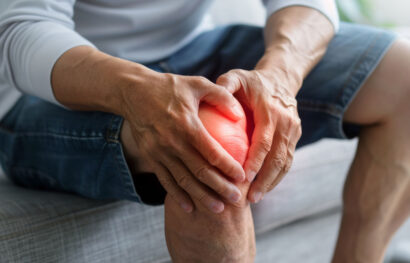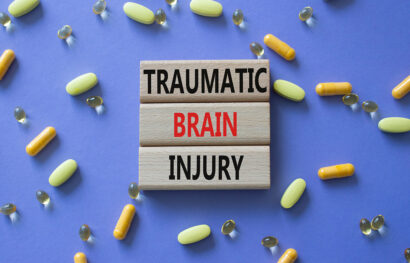Studies Show that Music Can Help Build New Neural Pathways
 When you’ve been involved in any type of accident and sustained any type of traumatic brain injury (TBI), your first priority needs to be getting the medical attention you need. If necessary, you should travel to the hospital in an ambulance or immediately go to the emergency room or an urgent care facility. Your primary care physician, though, will have the skills and resources to conduct the necessary evaluation, and can then either prescribe a regimen of care or refer you to a specialist, such as a neurologist of physiatrist.
When you’ve been involved in any type of accident and sustained any type of traumatic brain injury (TBI), your first priority needs to be getting the medical attention you need. If necessary, you should travel to the hospital in an ambulance or immediately go to the emergency room or an urgent care facility. Your primary care physician, though, will have the skills and resources to conduct the necessary evaluation, and can then either prescribe a regimen of care or refer you to a specialist, such as a neurologist of physiatrist.
The Role that Music Can Play in Your Recovery from a Traumatic Brain Injury
One of the telltale signs of even a mild TBI is an increased sensitivity to sound. As a consequence, your doctor may advise you to minimize your exposure to loud, harsh or aggressive music. But listening to and even trying to play music can also help you get better. Here’s what researchers have found about the effects of listening to and playing music while recovering from a traumatic brain injury:
Furthermore, don’t just be a listener. Pick up a guitar or sit down at a keyboard. There are myriad benefits to integrating music into your life after a traumatic brain injury:
- Listening to gentle or soothing music has been scientifically proven to lower blood pressure, and alleviate stress and anxiety
- Playing a musical instrument typically can help re-develop fine motor skills involving complex neural interactions
- Playing music, whether on a piano, guitar or other instrument, also requires some amount of repetition, of both simple and increasingly complex tasks. Scientists know that repeating things is one of the best ways to stimulate neuroplasticity, allowing the brain to establish new neural pathways to regain basic functional skills.
- Because singing involves the right side of the brain (unlike speech, which comes from the left hemisphere), individuals with injury to the left side may learn to talk again by first singing the words
- Music requires the use of many different cognitive skills, including memory, concentration and flexibility. Playing scales, learning chords or even songs can help build memory and focus, while musical improvisation can help stimulate creativity and mental adaptability.
Contact Core Medical Center Today
At Core Medical Center, with offices in Blue Springs, Missouri, we can help you take the right steps to maximize your recovery after any type of traumatic brain injury. Contact us online or call our offices at (816) 226-9957 to schedule an appointment.




